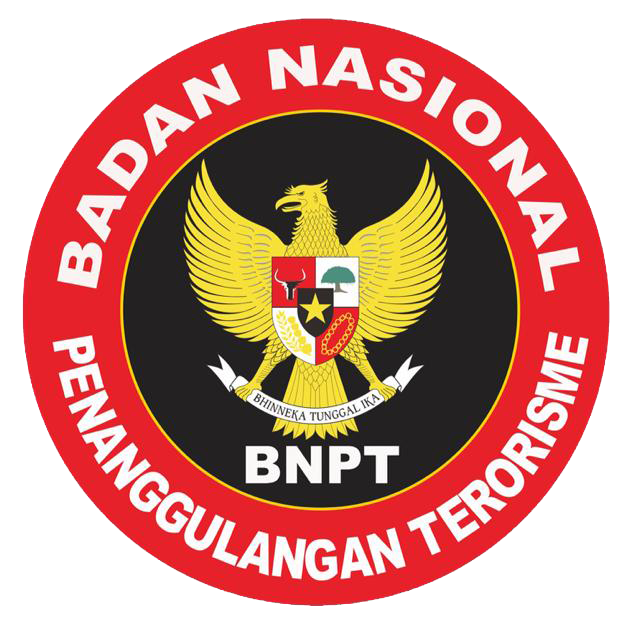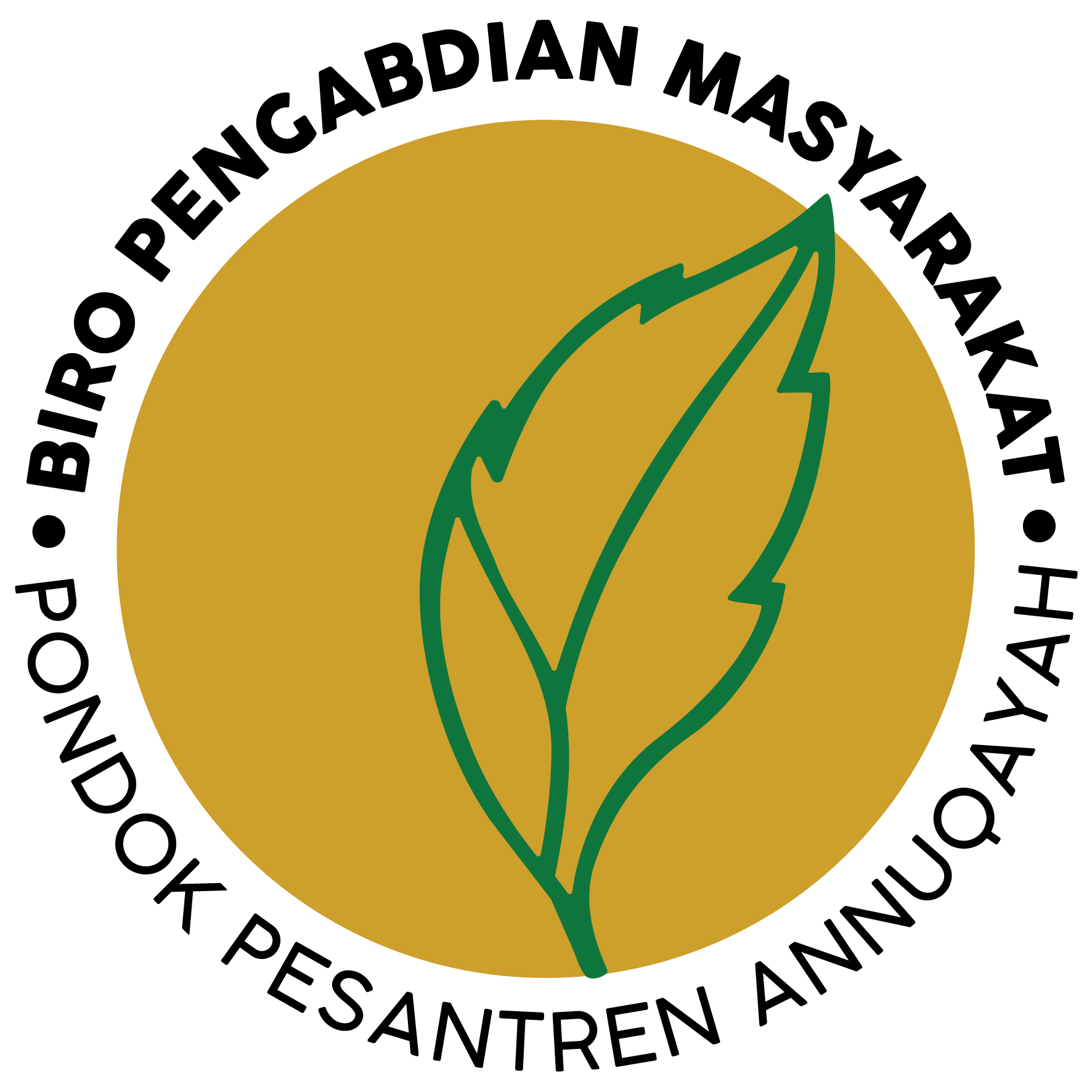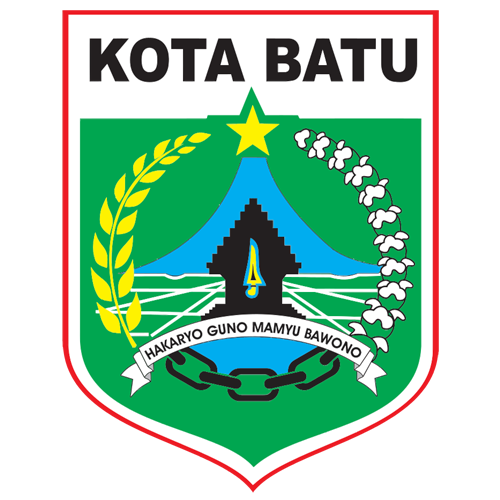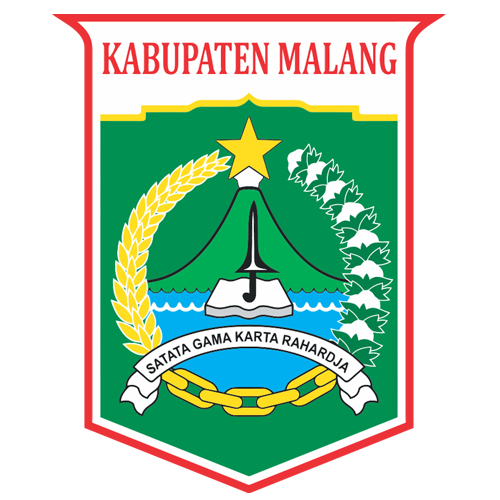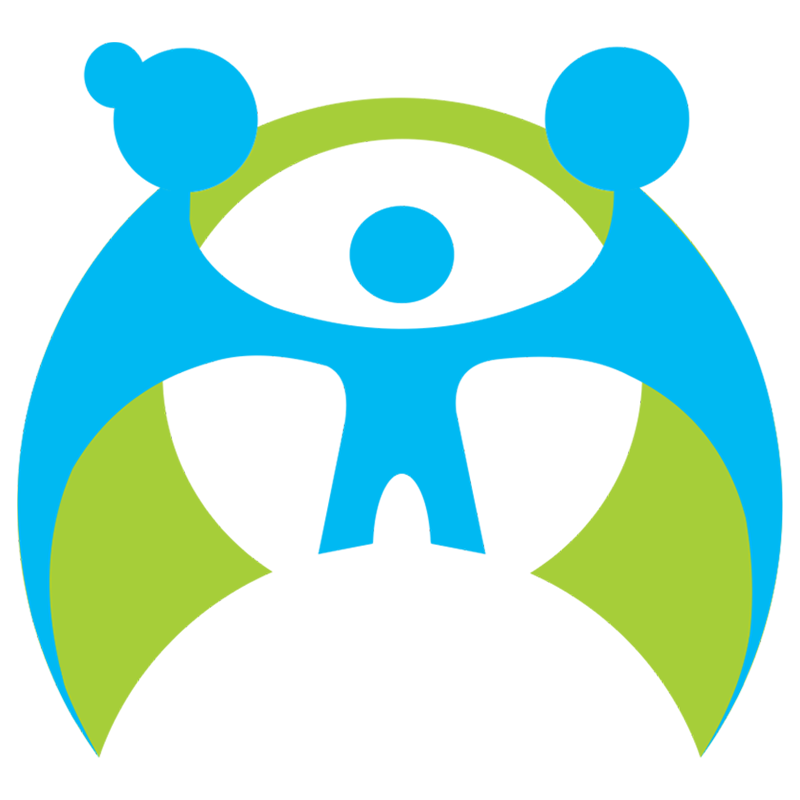THE PEACE VILLAGE DISCUSSION: ETHICS AND HOW TO BUILD CREATIVE COMMUNICATION IN THE MIDDLE OF THE PANDEMIC CRISIS
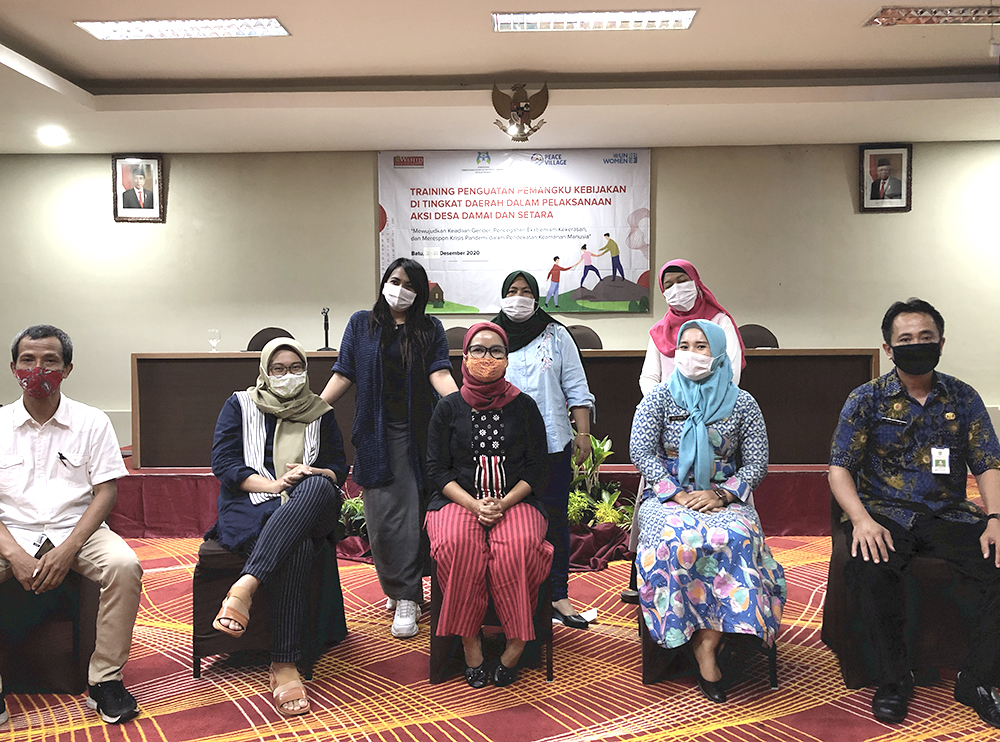
The crisis caused by the COVID-19 Pandemic has hit various sectors such as the economy, health, education and social welfare. The crisis has raised a number of challenges, including an increase in gender based violence on social media, digital crime and health hoaxes, especially related to COVID-19. The Ministry of Information and Technology noted that there were 850 health hoaxes throughout the pandemic year. This situation certainly needs to be responded to, not only by policy makers but also by the community at the grassroots level. Therefore, the world must begin to formulate new plans and strategies to face the global crisis, including adjusting to new habits and massively utilizing technology.
The Wahid Foundation has collaborated with UN Women since 2017 to assist women's and youth groups in 10 Peace Villages/Kelurahan in three provinces of East Java, Central Java and West Java. Women are encouraged to take roles and be involved in the society as the key actors in efforts to promote peace. In an effort to create an inclusive society by strengthening women's participation, it is also necessary to ensure that every woman has the protection of women's rights. Therefore, through the Peace Village program, the village government and the community are encouraged to create a Peace and Equal Village Action Plan using the Human Security Approach and the principle of gender equality.
Therefore, the Wahid Foundation held an online Peace Village Discussion on Friday, January 29, 2021, with the theme of "Building Fun Communication in the Middle of a Social Crisis and Pandemic". This activity was attended by approximately 100 participants, consisting of young people, women's groups, village governments, and Peace Village Working Groups from 10 Peace Villages. In her remarks, Yenny Wahid expressed her hope for Peace Villages to participate in building creative and positive campaigns to combat hate narratives, gender bias and especially health hoaxes during the COVID-19 pandemic.
"In the midst of this pandemic, we are still working to strengthen the capacity of women in terms of leadership. In the future, we hope that with this, the process of women's involvement in decision making at the village/kelurahan level will increase, particularly in deciding strategic matters in a pandemic like now," said Yenny Wahid.
"What we also think is crucial is the involvement of young people in the current situation, because they are a technologically literate generation. Thus, their creativity is needed in the form of support and participation to ensure sustainable development. Youths and communities in the regions must synergize and improve their capacity through various activities to increase knowledge and skills and be given support to work," Yenny Wahid continued.
This activity was also attended by the speaker Nyimas Aliyah, Assistant Deputy for the Protection of Women's Rights in Certain Conditions and Special Situations of the Ministry of Women’s Empowerment and Child Protection, who explained the challenges of women during a pandemic crisis. Ainun Chomsun, the founder of Akademi Berbagi, also reminded women and youths to build communication ethics during the crisis by spreading positive, critical and open content.






